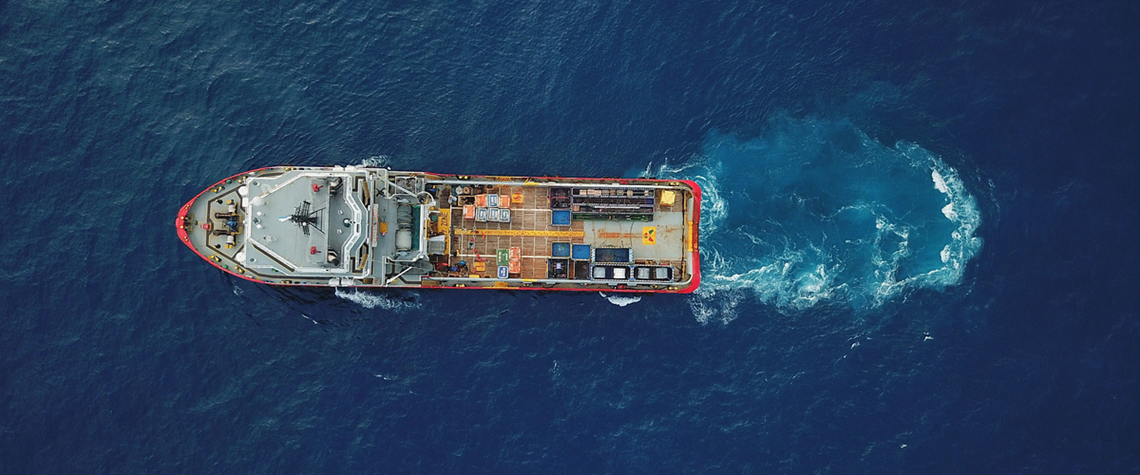Outlook 2022: Maritime can decarbonise with methanol
The industry faces challenges in adopting new technologies, but methanol could offer a near-term solution
Methanol is increasingly becoming a viable contributor in shipping’s drive for a clean, sustainable fuel mix. It also provides the experience necessary for the development of stronger marine fuel standards on the journey to decarbonisation. Using methanol produced from natural gas offers a proven reduction of NOx and SOx emissions, and by producing methanol from renewable sources shipping can substantially reduce its greenhouse gas (GHG) emissions. So far, 12 methanol-powered ships are already in operation, with another ten on order. Research is striving to rapidly scale up methanol availability in terms of infrastructure as well as onboard applications and installations. International Marit

Also in this section
9 January 2026
A shift in perspective is needed on the carbon challenge, the success of which will determine the speed and extent of emissions cuts and how industries adapt to the new environment
2 January 2026
This year may be a defining one for carbon capture, utilisation and storage in the US, despite the institutional uncertainty
23 December 2025
Legislative reform in Germany sets the stage for commercial carbon capture and transport at a national level, while the UK has already seen financial close on major CCS clusters
15 December 2025
Net zero is not the problem for the UK’s power system. The real issue is with an outdated market design in desperate need of modernisation







